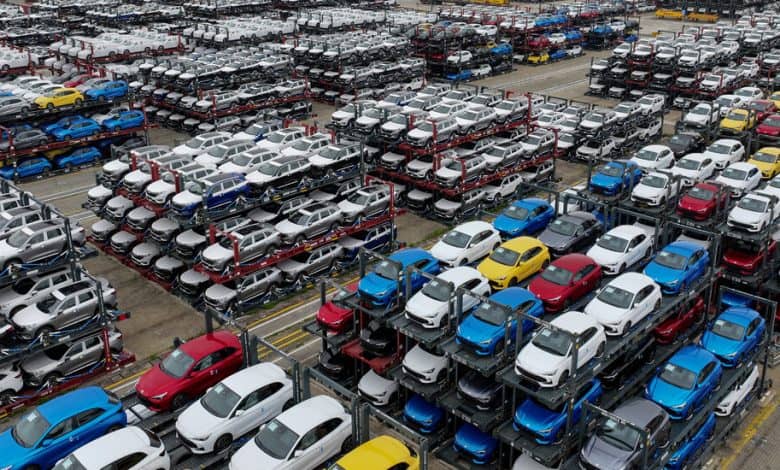China Is Way Ahead in Green Energy. Here’s Why That’s Risky for the U.S.

The world’s two most powerful countries, the United States and China, are meeting this week in Washington to talk about climate change. And also their relationship issues.
In an ideal world, where the clean energy transition was the top priority, they would be on friendlier terms. Maybe affordable Chinese-made electric vehicles would be widely sold in America, instead of being viewed as an economic threat. Or there would be less need to dig a lithium mine in environmentally sensitive Nevada, because lithium, which is essential for batteries, could be bought worry-free from China, which controls the world’s supply.
Instead, in the not-ideal real world, the United States is balancing two competing goals. The Biden administration wants to cut planet-warming emissions by encouraging people to buy things like EVs and solar panels, but it also wants people to buy American, not Chinese. Its concern is that Chinese dominance of the global market for these essential technologies would harm the U.S. economy and national security.
Those competing goals will be on vivid display this week, as the Biden Administration’s top climate envoy, John Podesta, meets for the first time with his counterpart from Beijing, Liu Zhenmin, in Washington.
Trade tensions are likely to loom over their talks.
The flood of Chinese exports, particularly in solar panels and other green-energy technology, has become a real sore spot for the Biden administration as it tries to spur the same industries on American soil. Mr. Podesta has sharply criticized China for having “distorted the global market for clean energy products like solar, batteries and critical minerals.”
Not only that, he has set up a task force to explore how to limit exports from countries that have high carbon footprints, a practice that he called “carbon dumping.” That was considered a veiled reference to China.